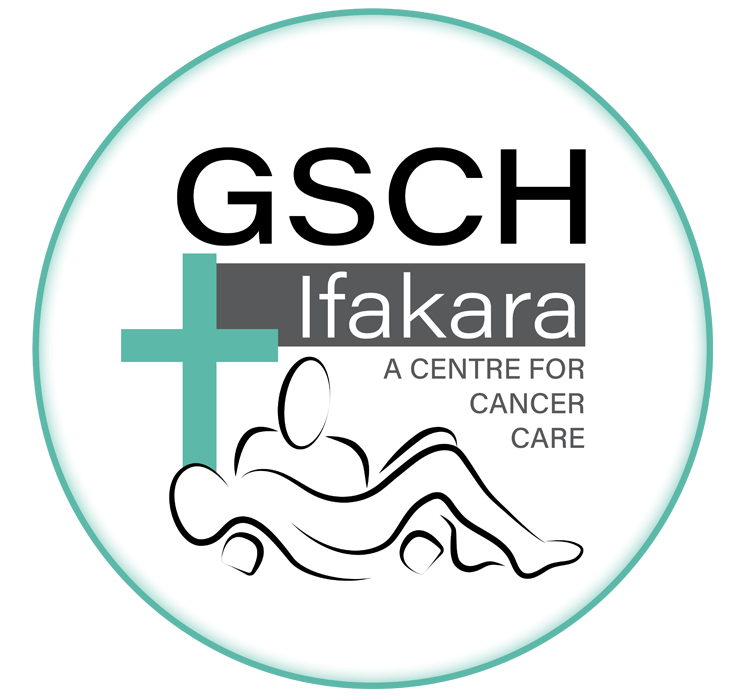
GOOD SAMARITAN CANCER HOSPITAL (GSCH)
Cancer is among the leading causes of death and cause a significant burden on societies across the world. However, when identified early, cancer is more likely to respond to effective treatment and hence, greater probability of surviving, less morbidity, and less cost.
Like in most developing countries, due to lack of preventive measures, disorganized screening programs and limited resources, cancer mortality rates are unacceptably high in Tanzania. About 45,000 to 50,000 new cancer cases are diagnosed every year, and 80% of cancer patients in the country die each year. It is in this disturbing, yet fact situation that Most. Rev. Dr. Salutaris Libena, the Bishop of Catholic Diocese of Ifakara invited the late Rev. Dr. Jose Kaimlett, the founder of Missionaries of Compassion to establish a Cancer Hospital in Ifakara.
The foundation stone for Good Samaritan Cancer Hospital (GSCH) was laid on 13th December 2015 and the construction started in January 2016. The whole infrastructure of GSCH to accommodate 100 in-patients with complete Cancer Diagnosis and Treatment facilities was completed in October 2019. GSCH is committed to provide quality and affordable preventive, diagnostic and curative services for all types of cancer.
The Future of Cancer Care
A thought of Cancer and the future transforms our thinking into a promising cancer care outcome and research. There have been remarkable improvements in cancer management over the years. Despite the challenges there is a brighter era that gives us reason to be more hopeful.
Role of imaging
In the 1970s, progress in imaging tests such as ultrasound (sonography), computed tomography (CT scans), magnetic resonance imaging (MRI scans), and positron emission tomography (PET scans) have replaced many upfront exploratory operations. CT scan and ultrasound can also be used to guide biopsy taking. Imaging has reduced rates of invasive surgeries eg: Laparoscopic procedures.
Can we speak of cancer without genetics and genomics?
The future is with new drugs that can target a specific gene mutation to ensure PRECISION in different malignancies. It’s a vision that one day all patients are offered customized treatment that is deemed to be more effective with fewer side effects/ tolerable. Targeted therapies have greatly improved overall survival (OS) and quality of life (QOL) in Cancer patients.
Immunotherapy
Is the way towards a ravishing future – using one’s own immune system to fight his/her cancer, drugs that boost cancer fighting cells of the immune system called the check point inhibitors and the monoclonal antibodies. It refers to treatments that use the body’s own immune system to combat cancer. The therapies don’t work in everyone yet, but scientists are making strides in changing that.
What is cancer management without surgery?
Three surgeons stand out because of their contributions to the art and science of cancer surgery: Bilroth in Germany, Handley in London and Halsted in Baltimore. Their work led to “cancer operations” designed to remove the entire tumor along with the lymph nodes in the region where the tumor was located. Prof William Stewart Hasted, developed a radical mastectomy in 19th century (concept that can be traced back in 1719 where Lorenz Heister wrote about his ideas of mastectomy and lumpectomy in his book, Chirurgir).
Mission
To excel as a One-Stop Cancer Centre which provides effective screening, diagnosis and treatment for all types of cancer, thus, create a healthier and happier society.
Vision
To witness to the Compassionate love of Jesus to all through offering holistic and qualitative cancer care affordable to all.

